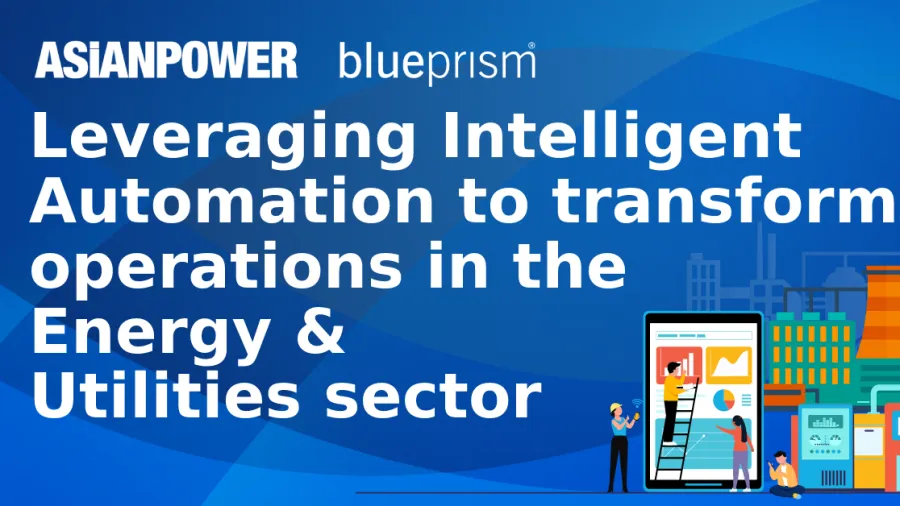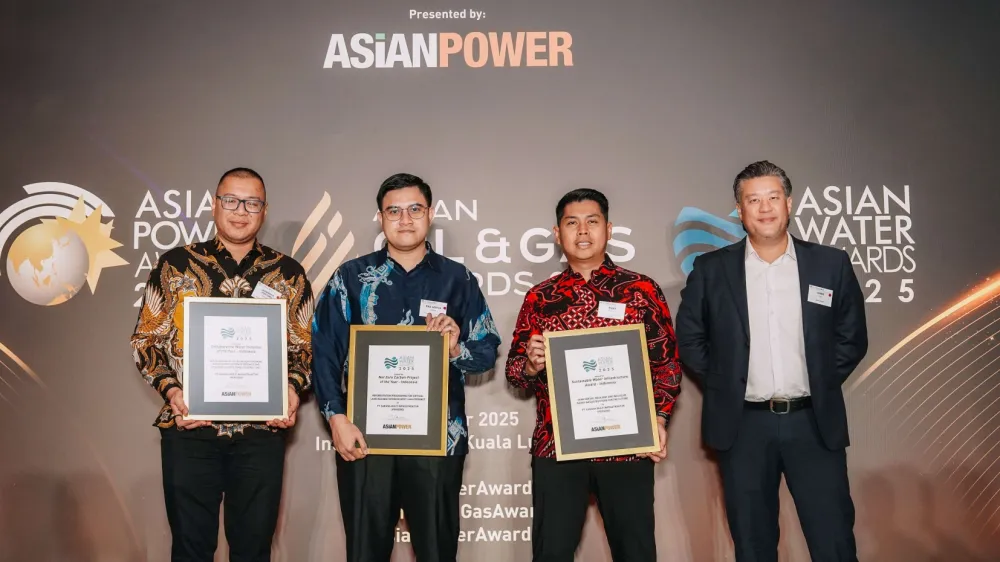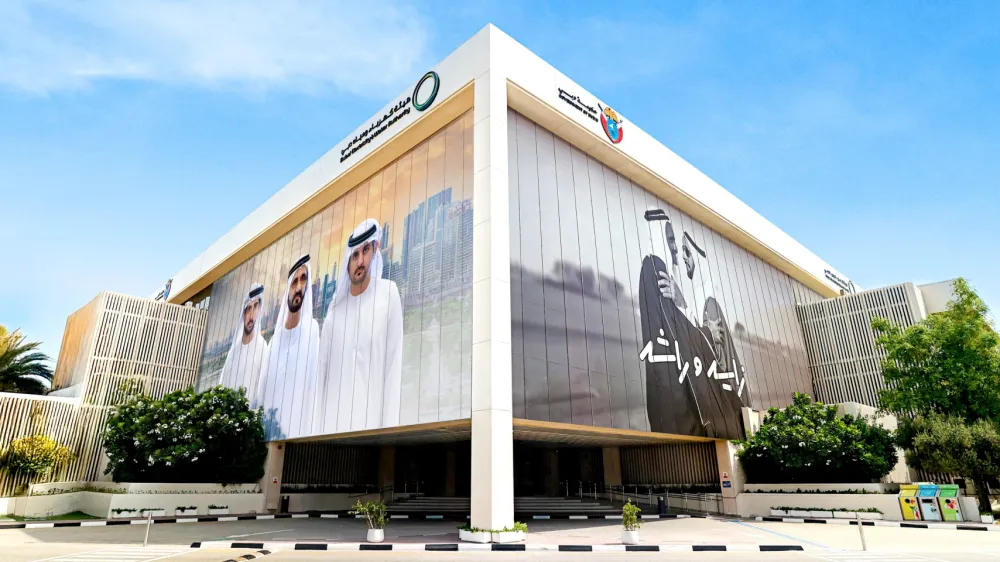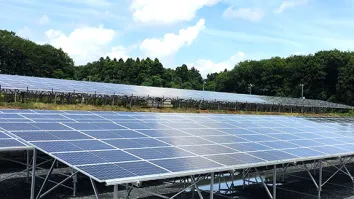
The state of play of intelligent automation in the energy and utilities sector
Leveraging automation and artificial intelligence to solve complex business problems
Across the century, the energy and utilities industry has evolved and expanded and is now one of life’s most important services. But it also faces a unique set of challenges where it can no longer carry on with business as usual.
These include the very real need for sustainability in power generation, underlined by outcomes from the 26th United Nations Climate Change conference held in November 2021. Pledges by countries to decarbonize energy supplies are now firmly in place, and there will be a renewed emphasis on solar and wind generation moving forward.
This has huge implications for the highly regulated energy and utilities industry across the globe, which risks both fines and reputational risks when it fails to deliver power according to the requirements of regulatory frameworks. The transition from fossil fuels to sustainable energy production will need to be managed carefully.
The problem with legacy technologies
As with the ageing infrastructure that the energy and utilities industry struggles to keep up to date, because of the growing shortage of relevant skills and expertise, it can be difficult to find the investment to upgrade IT platforms.
So, whilst initiatives such as smart metering should bring benefits through lower costs and greater efficiencies, in practice, the vast volumes of data gathered are difficult to manage and analyse in any meaningful way, for example when making predictions for future consumption in real-time.
And whilst choice has been removed from some consumers because of the energy pricing crisis, providing excellent levels of customer service is a key element in reducing churn and gaining market share. This is the case both for signing up and servicing customers, but also in terms of fixing physical problems with supply.
Legacy IT systems mean that the information needed by contact centre staff to support customers is often held in different systems. People are used as the connectors between those systems, creating friction in processes such as change of address, billing or fault repair scheduling.
So, given the need to deliver value to shareholders, whilst meeting regulatory requirements and keeping customers satisfied, how can electricity companies adapt their processes and adopt a more data-driven approach to managing their businesses – without wholesale replacement of legacy IT systems?
Enter intelligent automation and artificial intelligence
One answer lies in the adoption of intelligent automation (IA) and artificial intelligence (AI), a fusion of technologies set to transform the way in which the electricity industry operates. A global industry is emerging to apply IA and AI to almost every aspect of sustainable energy production and distribution, and large organisations are adopting automation platforms to deliver real change.
In a recent Asian Power and SS&C Blue Prism hosted webinar on leveraging intelligent automation to transform operations in the energy and utilities sector, Diana Montes, automation manager at AusNet Services, shared that they have implemented successful automation in procurement, finance and other essential business processes for years, and have observed the greatest benefits when using intelligent automation in its network management and network operations for electricity.
“For example, when we are using helicopters for asset inspections, the process starts by automatically identifying and contacting thousands of customers who need to be alerted when a helicopter is due to fly over their land, in case livestock need to be moved. High-resolution images of the assets are then fed into machine learning models that identify corrosion or other damage, helping to avoid potential problems and proactively prioritise equipment for maintenance and repair,” Montes added.
Christine Yong, head of digital at Tenaga Nasional Berhad, shared that they are enabling automation to gain momentum through a collaborative programme where engineers are working together as citizen developers.
“At TNB, we are using intelligent automation across various processes, for example providing chatbots for internal ICT service management, and deploying OCR to speed up invoice processing. Our Centre of Excellence (COE) is also running a programme where engineers are working together as citizen developers. This helped us tap into collective intelligence, enabling automation to gain momentum,” Yong shared.
Barriers to change
The webinar, however, uncovered there is a shared sentiment that companies fall short in integrating intelligent automation into their operations.
In a poll, conducted during the event, nearly all the participants view their respective companies as lagging in terms of their adoption of intelligent automation. This is even as the majority agreed that intelligent automation plays a key role in achieving business objectives as well as in changing their competitive advantage.
This did not come as a surprise for Tenaga Nasional Berhad dead of digital Christine Yong and AusNet Services automation manager Diana Montes, who were both speakers at the webinar.
Yong said there is so much potential that goes along with intelligent automation and opportunities that companies are missing by failing to adopt. And whilst it has started gaining momentum in recent years, Yong flagged that the speed of growth for automation is still slow.
“The speed of implementation is the biggest barrier we face. The company has a huge pipeline of cases for automation, but the perception of value is different across the business. If I were to start over again, I wouldn’t look at evaluating each process for automation. I’d look at automation opportunities in each business division and build a single business case for that particular function,” Yong suggested.
Montes, meanwhile, said this could be due to some reluctance, associated with introducing change in a system that has already become familiar.
She said that for AusNet Services, amongst the biggest challenge in integrating intelligent solutions is in bringing people on board and trusting automation. In order to gain more support, AusNet Services took steps in the promotion of intelligent automation across the organisation through different channels, such as videos, presentations, showcases, and training courses.
Montes emphasised that whilst her team might be specialists in automation, it is the people in the business who are close to the specific problems that they have. Therefore, it is important to get people across the organisation involved.
“We spent a lot of time working with the solution architects and the security teams to establish how intelligent automation could be used. The key was working in collaboration and for everyone to bring in their knowledge. We got everyone’s attention when we leveraged automation and recovered $560,000 in lost revenues from large gas customers,” Montes advised.
Both Montes and Yong echoed similar sentiments that executive buy-in is key to overcoming barriers to change, and consistent reporting on achievements to engage the executive team constantly helps in gaining support.
Showing greater value of automation can help shift mindsets faster and achieve buy-in from the entire organisation
Dan Ternes, chief technology officer, APAC, at SS&C Blue Prism concluded that a lot of people start automation in finance or human resources because it is easier. However, he suggests bringing automation onto the mission-critical side of the business and solve more consequential problems. “If you make a splash with that, you will have something that you can market throughout the organisation, showing how automation really does change your competitive advantage or your customer journey. That’s going to change mindsets faster than just saying ‘I've improved invoice processing’ or ‘I've onboarded employees faster.



















 Advertise
Advertise







